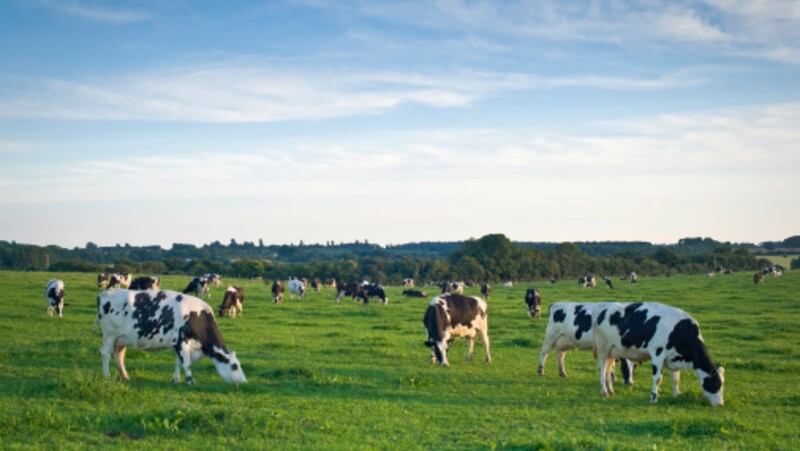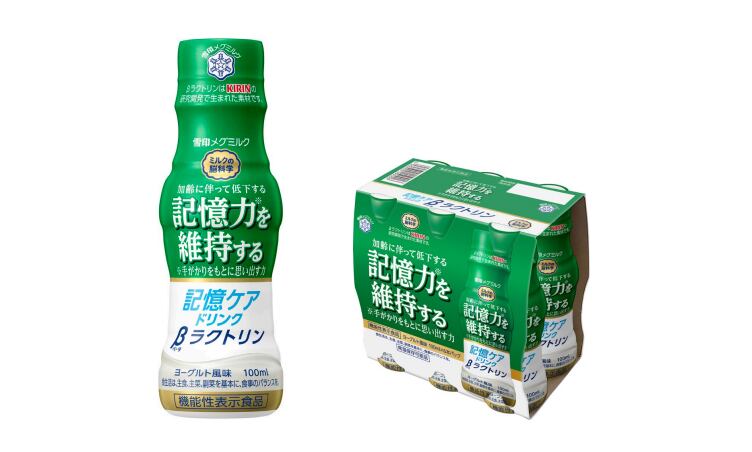With the dairy sector already facing criticism from concerned consumers and NGOs over greenhouse gas emissions, methane production, animal welfare, unsustainable production and more, Yili believes that the responsibility to overcome these criticisms lies with the dairy companies within the sector.
“Dairy companies should take the initiative to shoulder their responsibilities towards sustainability,” Yili Group CEO Zhang Jianqiu told FoodNavigator-Asia after the recent International Dairy Federation (IDF) World Dairy Summit.
“This includes the [integration] sustainability into their product development and diversification, [including] contributing to a net-zero carbon future by developing net-zero carbon products and building net-zero carbon supply chains.
“The global economy is already being reshaped by COVID-19, climate change and digital transformation [but] sustainable development of the global dairy industry will add new momentum to the global economy.”
Zhang added that international consensus has already been reached in terms of the need to push for carbon neutrality and enforce concrete actions to reduce carbon intensity in food supply – but the structure of the dairy sector means it has much more work to do to reach that neutrality, and thus needs to be even more proactive.
“The dairy industry has many links within a long supply chain such as crop production, breeding, processing, logistics, sales and so on which generate carbon emissions,” he explained.
“So to achieve carbon neutrality, the dairy industry needs to continuously enhance green management across the entire supply chain and build a net-zero carbon supply chain in an all-round way – [this will require the] full use of digital technology [as well as a] collaboration platform and well-mapped out path towards neutrality.”
As for product development and innovation, the firm also believes that various elements of a new product from the use of ingredients to the production process can all contribute towards delivering carbon neutrality.
“There are many ways by which to make products net-zero carbon – at Yili, we are currently actively developing such net-zero carbon dairy products by comprehensively tracking carbon emissions, reducing energy and resource consumption, and increasing the use of renewable energy,” he added.
“We have successively developed a series of various net-zero carbon products, including net-zero carbon milks, net-zero carbon yogurts, net-zero carbon milk powder and net-zero carbon ice cream, and in the future there will definitely be more net-zero carbon products hitting the markets from Yili.”
Green consumerism
Although Yili believes that the onus for sustainable dairy transformation lies with the industry, consumers are still expected to play a part in this transformation, but with guidance and encouragement of sorts from the industry.
“Green consumerism is already gaining momentum amongst consumers as they become increasingly concerned about environmental issues [so] in response to this growing trend, the dairy industry should seize the opportunity to create participatory and perceivable green consumption scenarios [to steer them] towards a net-zero carbon future,” said Zhang.
“Yili has [been doing this] by incorporating sustainability into our brand conception, product development, packaging, and public welfare activities .
“For instance, on World Environment Day this year, we introduced our first no-print and ink-free packs, which have been well-received by consumers.”
Carbon neutrality and zero-carbon solutions are amongst the major initiatives undertaken by companies in the global food supply chain working towards global warming prevention goals under the United Nations Paris Agreement.
Many food companies have committed to achieving various carbon-neutral goals over the next few decades, including Yili which has outlined 2030 as the end of its first phase which is to shape an operational green model for production, 2040 as the end of its second phase of green growth throughout its entire supply chain, and 2050 as the deadline for it to have achieved full life-cycle carbon neutrality.
Yili will be a keynote speaker at our upcoming Growth Asia Summit in Singapore from 11 to 13 October, where they will be presenting on the role of dairy in the healthy ageing process. Healthy ageing, probiotics and protein will all be major focus areas of this summit - Check out the big-name brands, international experts and pioneering start-ups slated to present here.





